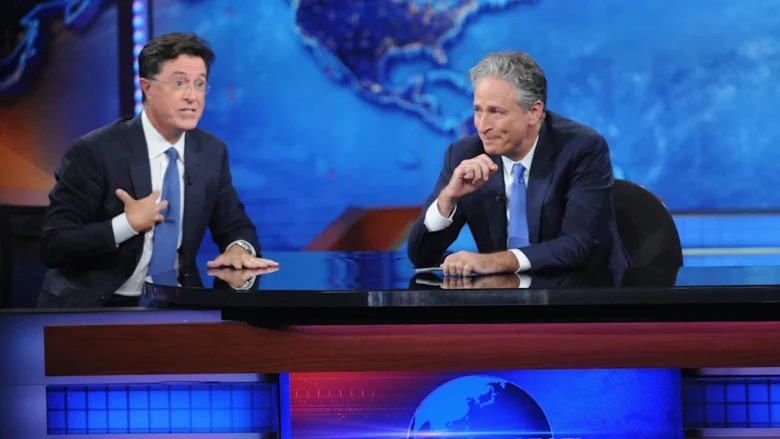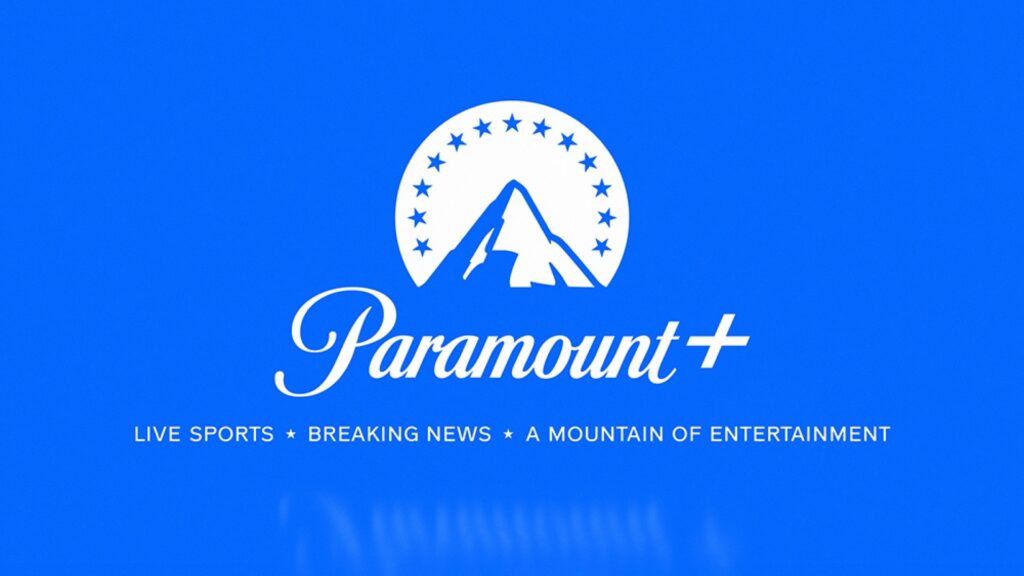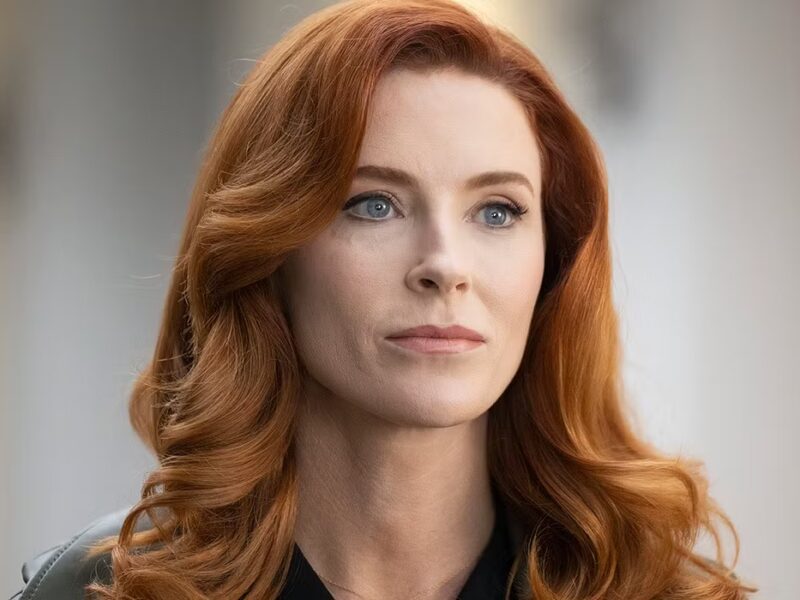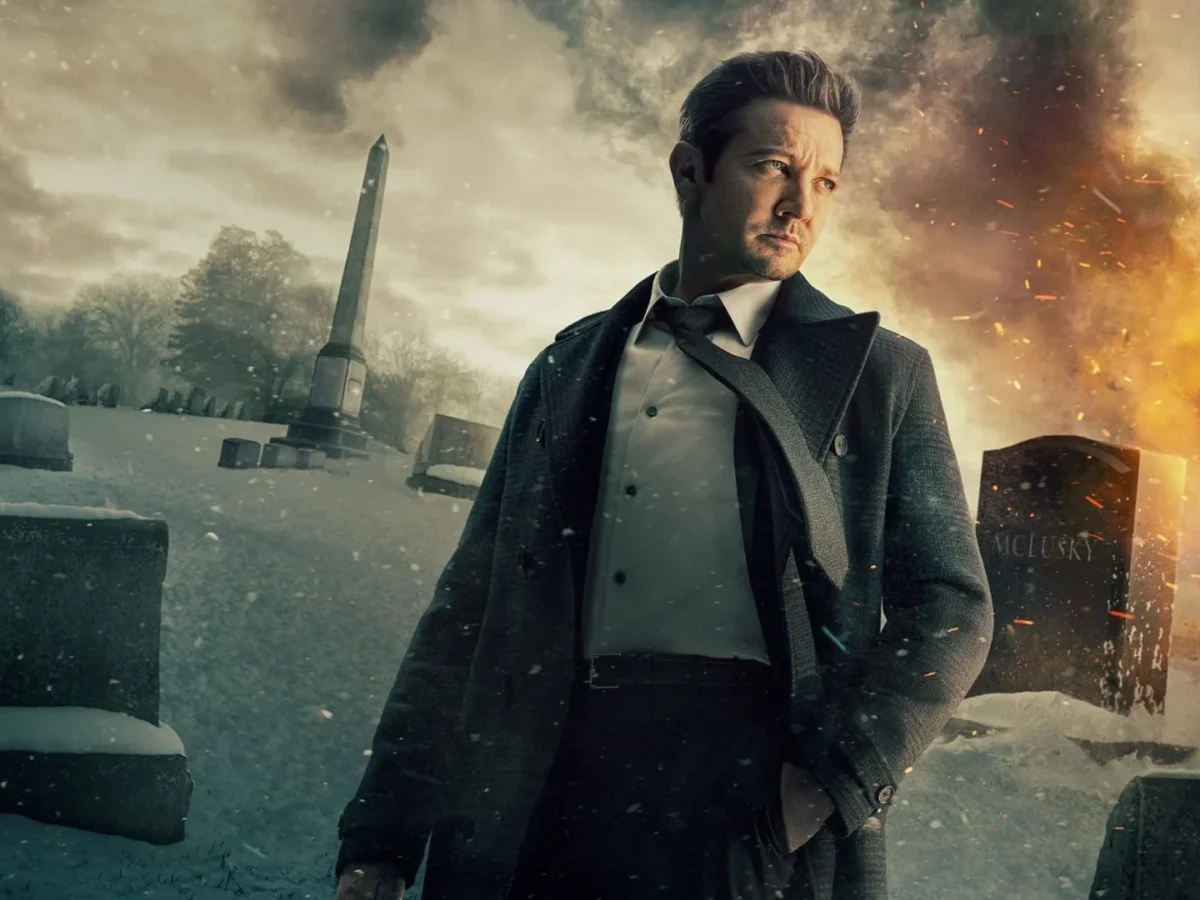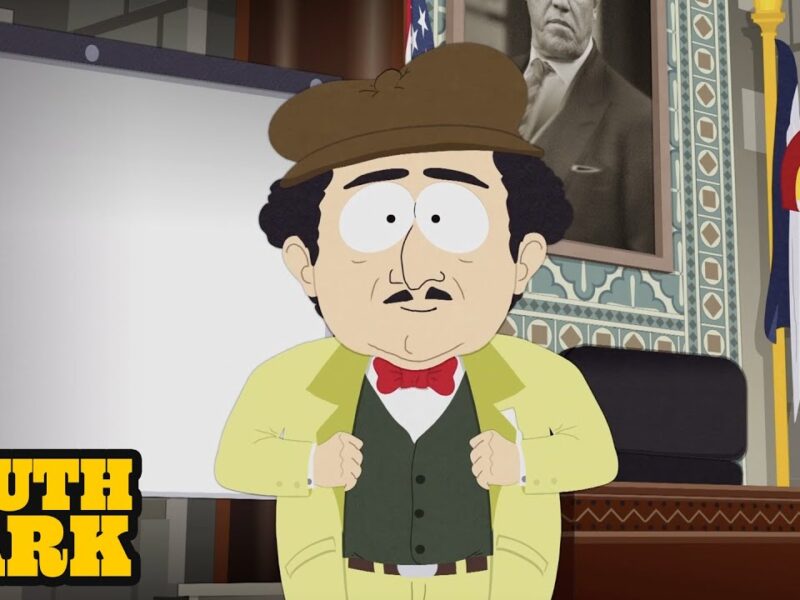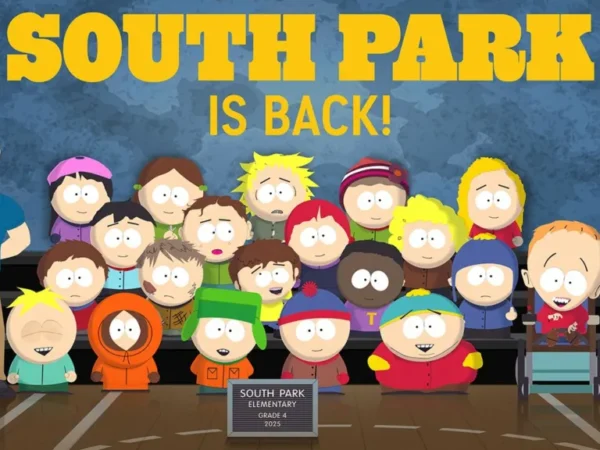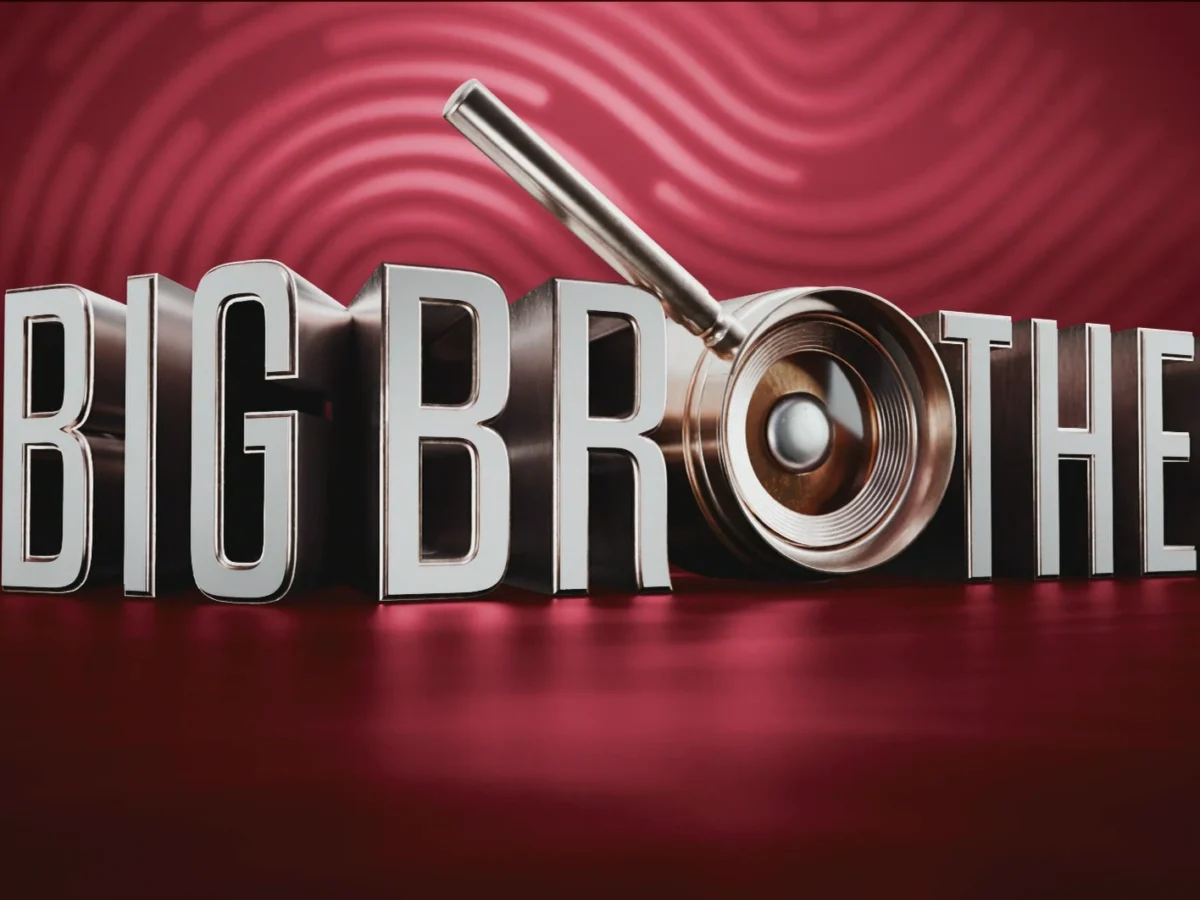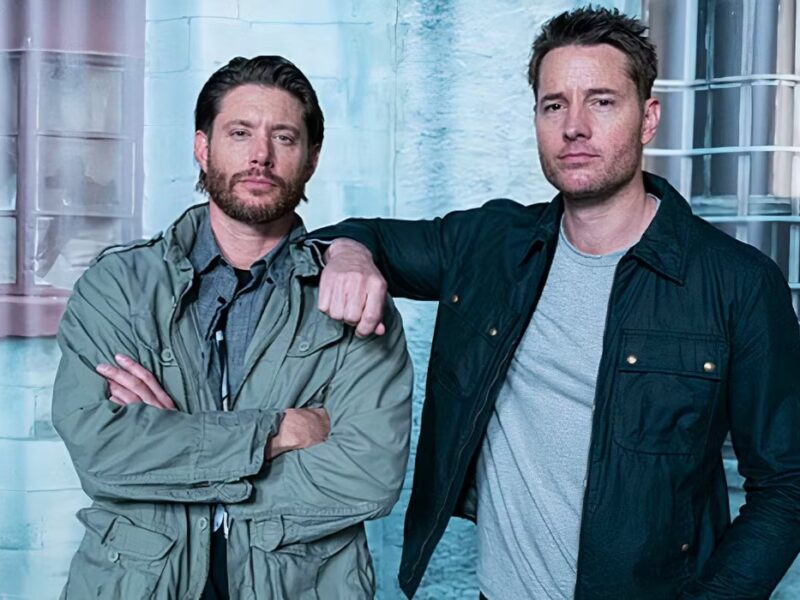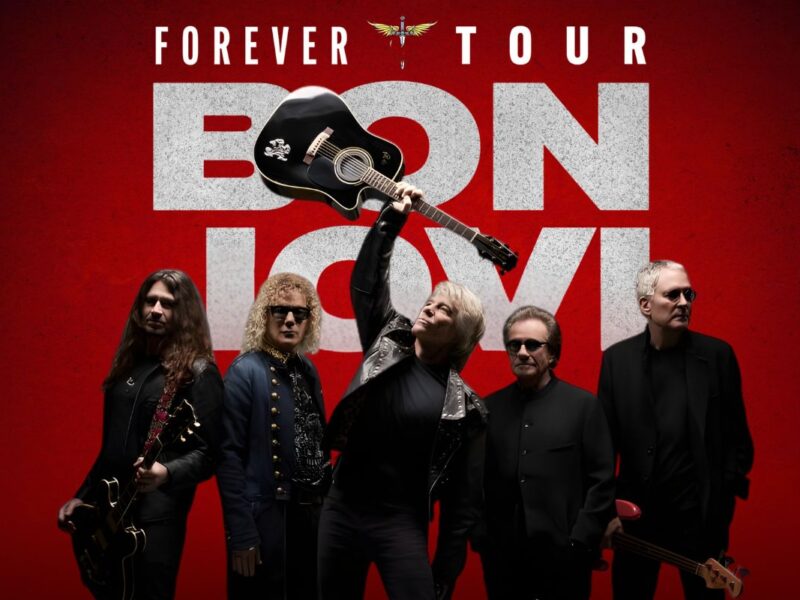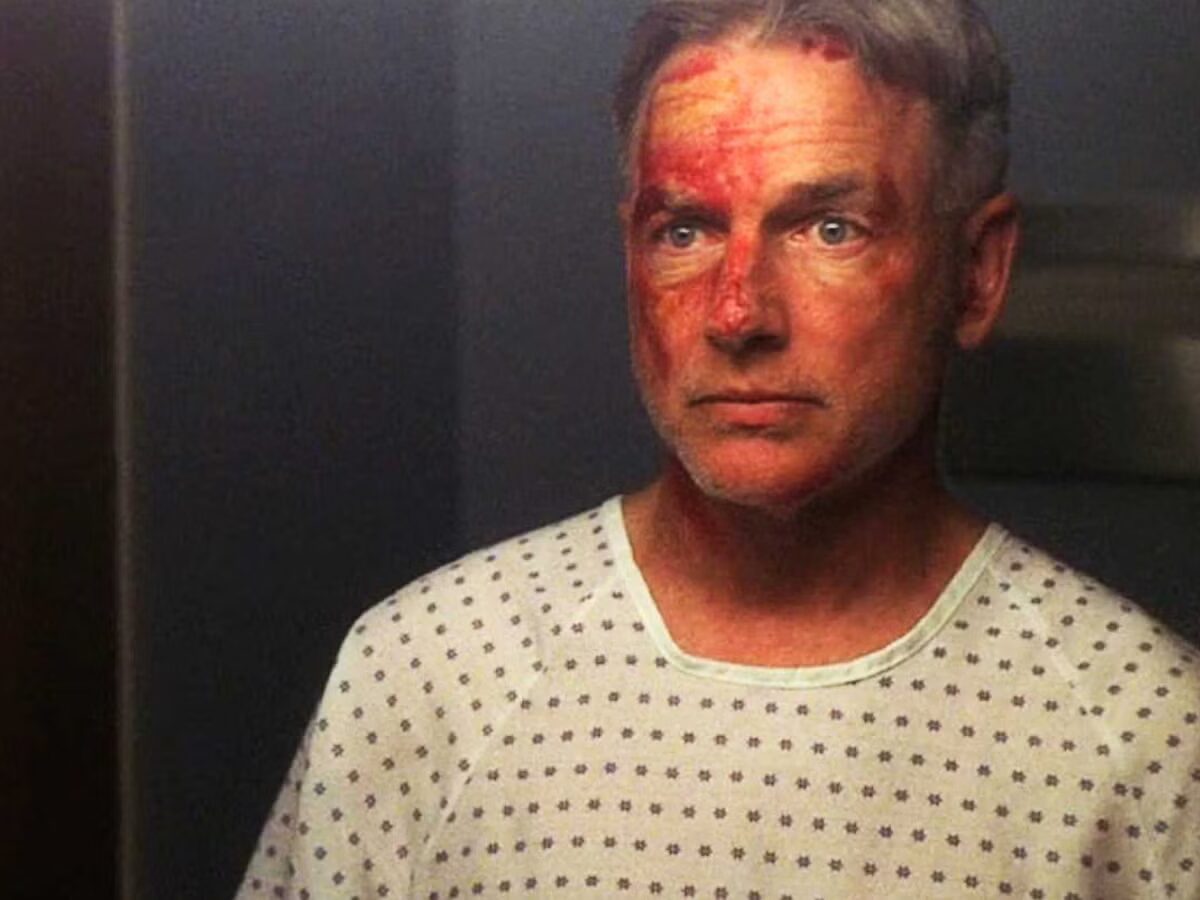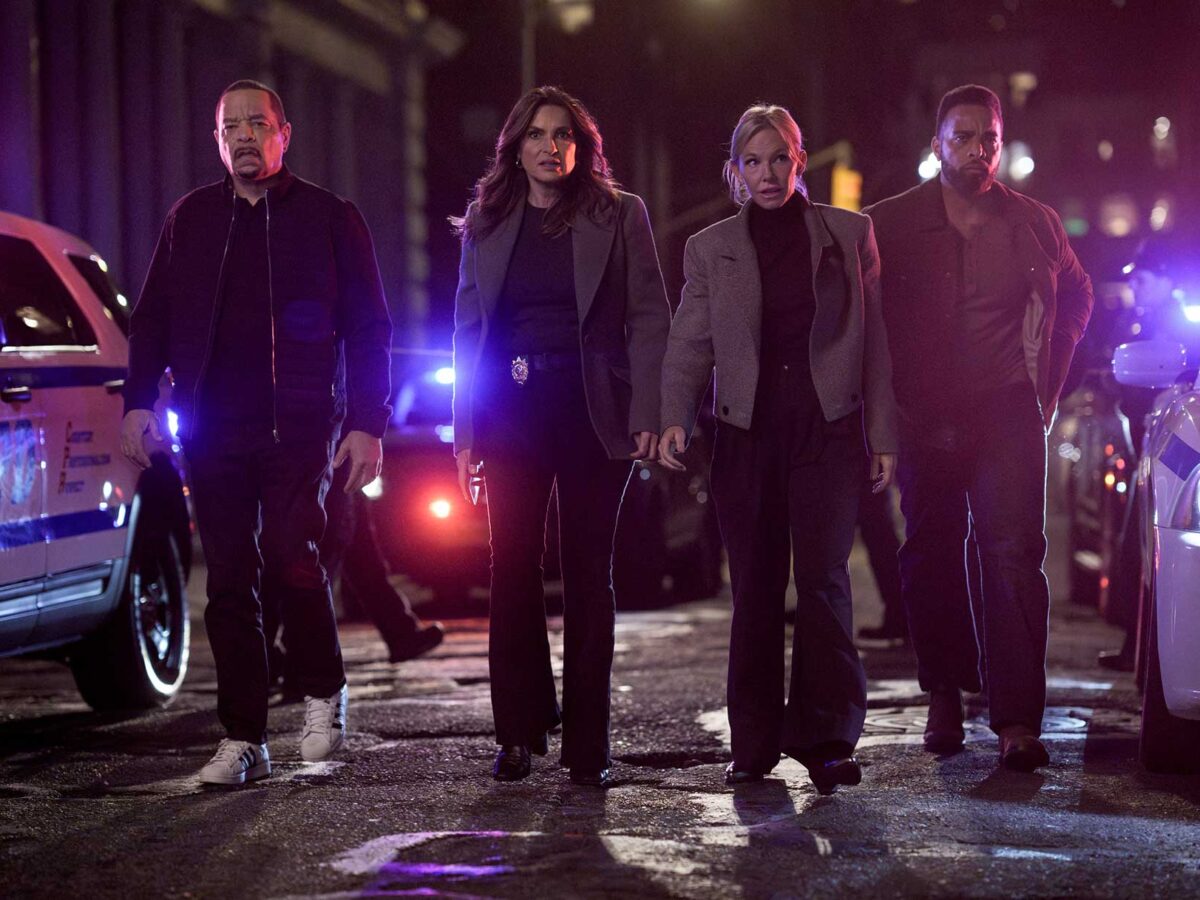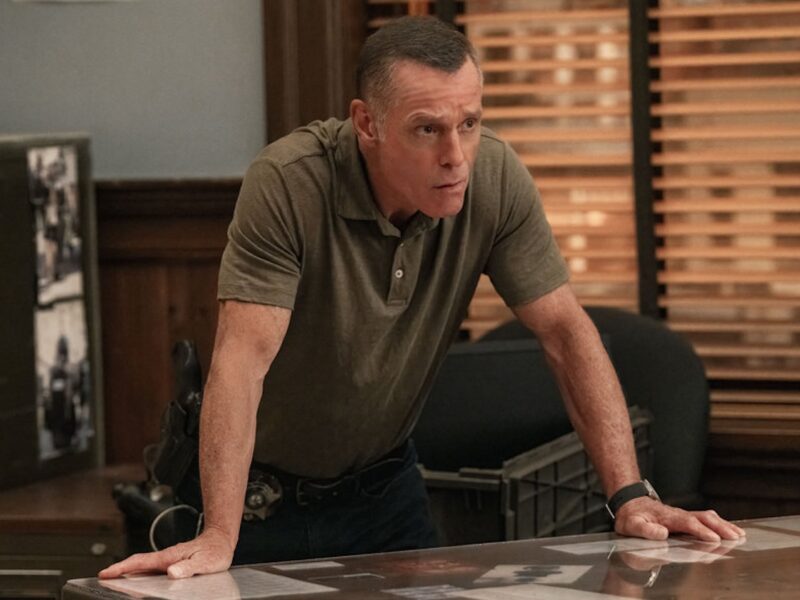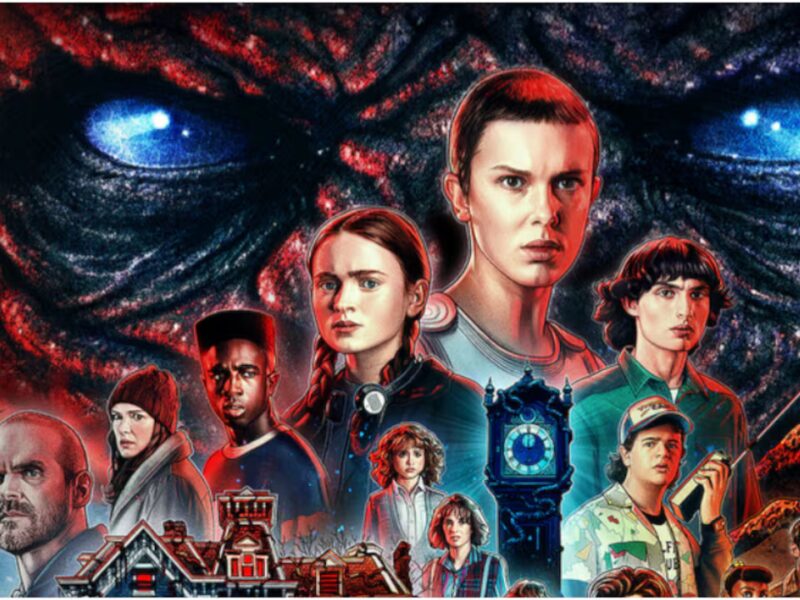Late-night television in the U.S. has once again become a battleground of politics and corporate controversy. This time, the main players aren’t fleeting celebrities but two of the format’s most influential voices: Stephen Colbert and Jon Stewart. Both comedians have publicly criticized Paramount Global following the company’s controversial legal settlement with former President Donald Trump, which ended a defamation case related to past coverage by Comedy Central.
While this stance is consistent with their longstanding critical voices, it could also carry serious repercussions for their careers and the future of shows like The Late Show and The Daily Show, both of which fall under Paramount’s media empire. So what triggered this public pushback, and why is it sending shockwaves through the industry?
Why Are Colbert and Stewart Criticizing Paramount’s Settlement with Trump?
Colbert and Stewart are voicing concern over core principles like freedom of speech and editorial independence. The settlement in question closed a lawsuit brought by Trump against ViacomCBS (now part of Paramount Global), alleging defamation from an older Comedy Central segment.
Jon Stewart, during his return to The Daily Show, denounced the decision as a dangerous act of corporate self-censorship. Stephen Colbert, once Stewart’s protégé, echoed this sentiment on The Late Show, warning that bowing to political figures out of legal fear sets a troubling precedent.
Both argue that such decisions weaken the critical role of media and encourage a chilling effect across satirical journalism. To them, this is not just a legal matter—it’s a fundamental issue of ethical responsibility and democratic integrity.
What Could This Mean for Their Shows and Careers?
The Late Show with Stephen Colbert and The Daily Show owe their platforms to companies owned by Paramount Global. Having two of its biggest stars openly criticize the parent company creates a precarious situation.
Industry experts suggest that this standoff could influence executive decisions ranging from contract renewals to advertising investments. While Paramount is unlikely to retaliate publicly or immediately against such high-profile figures, the tension is palpable. There’s also speculation about how this might impact the newly negotiated merger with Skydance, which could reshape creative oversight.
The regulatory backdrop adds another layer: the FCC continues to monitor media ownership and freedom of expression, meaning this dispute could become a landmark case.
What Message Does This Send to the Entertainment Industry?
Colbert and Stewart’s move may mark a turning point in how entertainers and journalists engage with media conglomerates. As mergers continue to centralize power, their outspoken stance is a reminder that editorial independence remains a pressing concern.
Beyond the immediate impact, their actions raise a critical question: can politically engaged hosts survive within corporations that prioritize harmony over controversy? The answer may determine not just the fate of The Late Show and The Daily Show, but the future of political commentary on U.S. television in the post-Trump era.
Open your account on Paramount+ for free and watch movies and series like The Rookie, Tulsa King, or Star Trek: Strange New Worlds. Also you may watch the NFL, NBA y other Soccer Leagues like UEFA.

